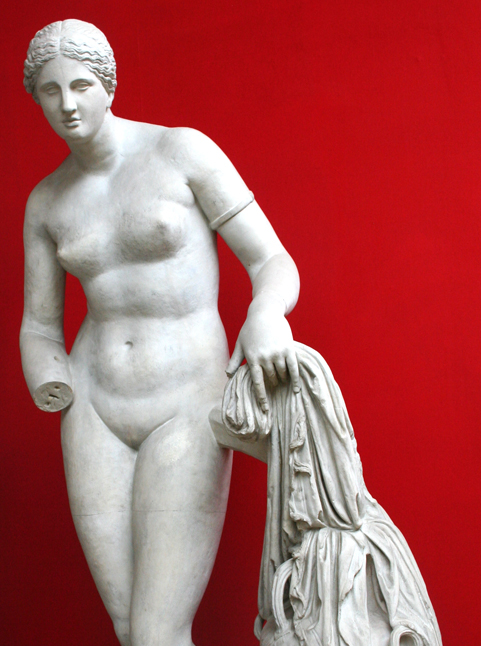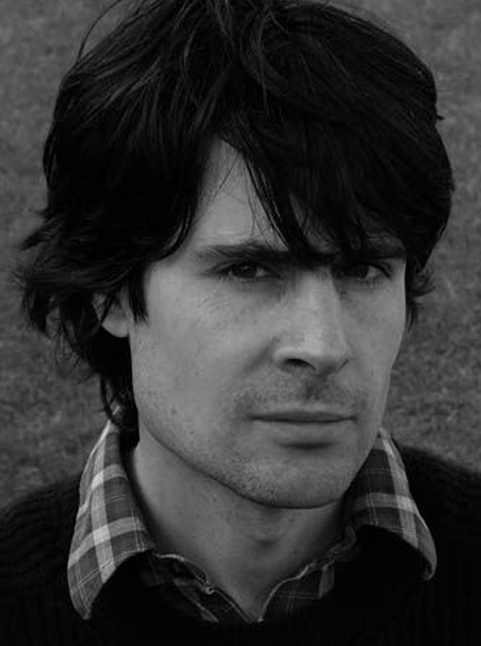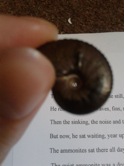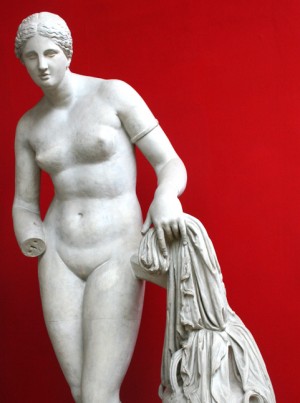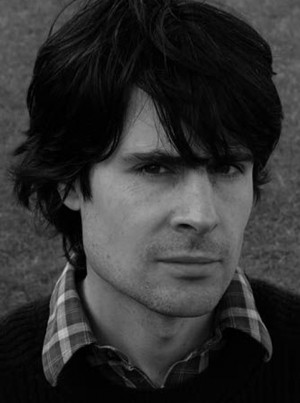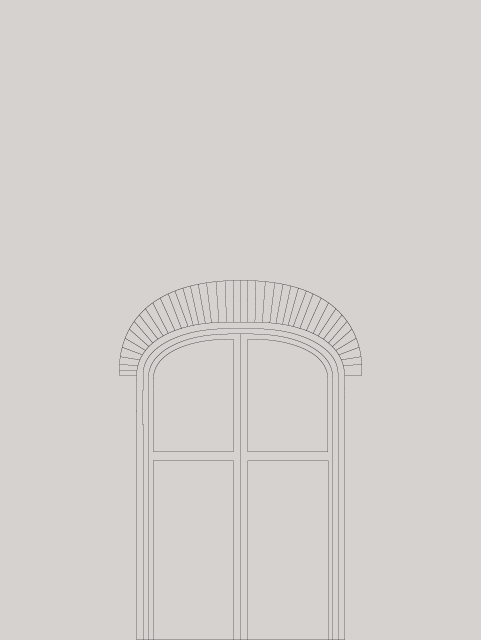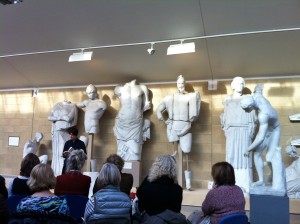
The view from the audience
04th March 2013 | 0 Comment(s) | Cambridge University LibraryFitzwilliam MuseumMuseum of Classical ArchaeologyThe Polar MuseumWhipple Museum of the History of Science
As a member of the audience the Threshold Project has been a surprising experience. The great Don Patterson humbly read his poems while standing behind a chair and said his favorite object in the Whipple Museum of the History of Sciences collection is an instrument that focuses on artificial horizons.
A week later at lunchtime I passed a sign in the grass saying NO LANGUAGE GAMES while walking to hear Sean Borodale read from his astounding Bee Journal at the Museum of Classical Archeology.
The next event was at the University Library at teatime with Gillian Clarke and Imtiaz Dharker both fresh from teaching a workshop with young Peterborough students who were so galvanized by the experience that they clapped enthusiastically after each poem.
The following evening was at the Fitzwilliam to hear part of the emotive dramatic poem ‘Pink Mist’ by Owen Sheers after which he mentioned that in years gone by summer sunbathing on the roof of the Fitz was a popular pastime for staff. Finally last Thursday at 6:00pm we gathered for Jo Shapcott’s compelling radio verse play ‘Erebus’ at the Polar Museum in a room with an enormous polar bear skin splayed on the wall next to a fierce sign: CAUTION Do Not Touch This Pelt.
Not only has the poetry been inspiring but the museums have come alive in new ways. All the events are free, there are many more to come, check the Thresholds website regularly.
